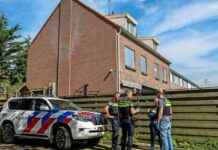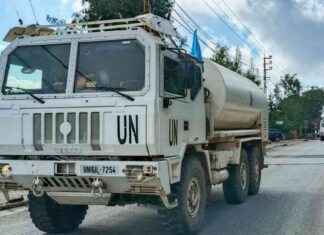We have been hearing about different SARS-CoV-2 variants for a while now. These include the alpha (or British), beta (or South African), and delta (or Indian). Some are worried because they are more contagious, or because it is uncertain if they will be immune to the vaccines that are slowly being developed. Each time a virus replicates within a cell it creates thousands of copies of its self. Sometimes, however, mistakes can be made in this process and the copied virus is not the exact same as the original. This is when viruses are said to be altered, mutated, or changed.
Although most of these mutations do not matter, they can cause important changes for the virus. “Through that mutation, they evolve to avoid your immune response,” Rafael Cuervo, a Spanish doctor and medical manager for covid-19 treatments from GSK, explains. The scientific and medical community agree that vaccines are the best way to prevent this disease. It is important to have therapies to treat the disease, and to complement the vaccines.
Arturo Lopez (medical director at GSK Spain Portugal and Israel), stated that “drugs to treat covid-19” are essential to meet the needs of patients suffering from ongoing diseases. He says that even with the introduction vaccines, there is still a need for better treatments because of the high rates of hospitalizations, deaths, and infections.
We have been working on candidate treatments to fight the coronavirus. While vaccination is increasing around the world, there are still many months before adequate coverage. It is not possible to immunize 100% of the world’s population in the near future.
Because every day is important, we need to be able to treat and prevent the disease. Stella Kyriakides, European Commissioner for Health and Food Safety, says that it is crucial to find new therapies and vaccines.
Monoclonal antibodies (mAbs) are one such treatment. They have the potential to be one the most powerful weapons against covid-19. These antibodies do not work to instill immunity like vaccines. They work to provide immunity.
Monoclonal antibodies, which are produced in a laboratory from immune cells, are very specific. These antibodies can be used even for those whose immune system is not capable of responding to the virus. They are already used for other diseases such as Ebola and respiratory syncytialvirus (RSV).
Collaboration is required for the creation of monoclonal antibody. GSK is involved in the research and development of vaccines against covid-19. Vir Biotechnology also collaborates in the creation of monoclonal antibody treatments for this disease.
It actually has two of these antibodies in clinical trials. One of the antibodies has been scientifically approved by the European Medicines Agency (EMA), for its high effectiveness in reducing hospitalizations (up to 85%). It is likely that the same body will approve the other in the next few months. Monoclonal antibodies are used to treat covid-19. They directly combat the infection regardless of the patient’s immune system.
This GSK treatment works by a specific function. The antibody binds to a particular region of the virus and prevents it from entering healthy cells. The antibody can activate the immune system to ‘kill’ infected cells. It binds to a stable area of the virus. This could allow this treatment to be effective against new variants or other potential threats. It is an alternative therapeutic tool to vaccines.
The scientific and medical communities have joined forces since the outbreak of the pandemic to defeat covid-19. GSK, for instance, has used its expertise in fighting the coronavirus, and has been involved from the beginning in the research of vaccines. It made its adjuvant technology accessible to all entities funded by the Coalition for Innovation in Pandemic Preparedness in February. These substances are added in vaccines to increase the body’s immune system response. Sanofi and Medicago have also signed agreements to develop injectables against SARS-2. GSK and Curevac are currently working together to develop a new generation messenger RNA vaccines. SK Bioscience is also involved in the development of an adjuvanted vaccine. This vaccine would be available through the COVAX program, which coordinates the purchase of doses at the country to make it easier for them to arrive in countries with less resources. Collaboration between entities is not limited to research and development of vaccines or therapies to end this pandemic. GSK also donated $10 million towards the Covid-19 Solidarity Response Fund. It has also formed a consortium with other biopharmaceutical firms to join the Bill and Melinda Gates Foundation. It has also donated personal protection material to Spanish pharmacists and first-line doctors in Spain.








